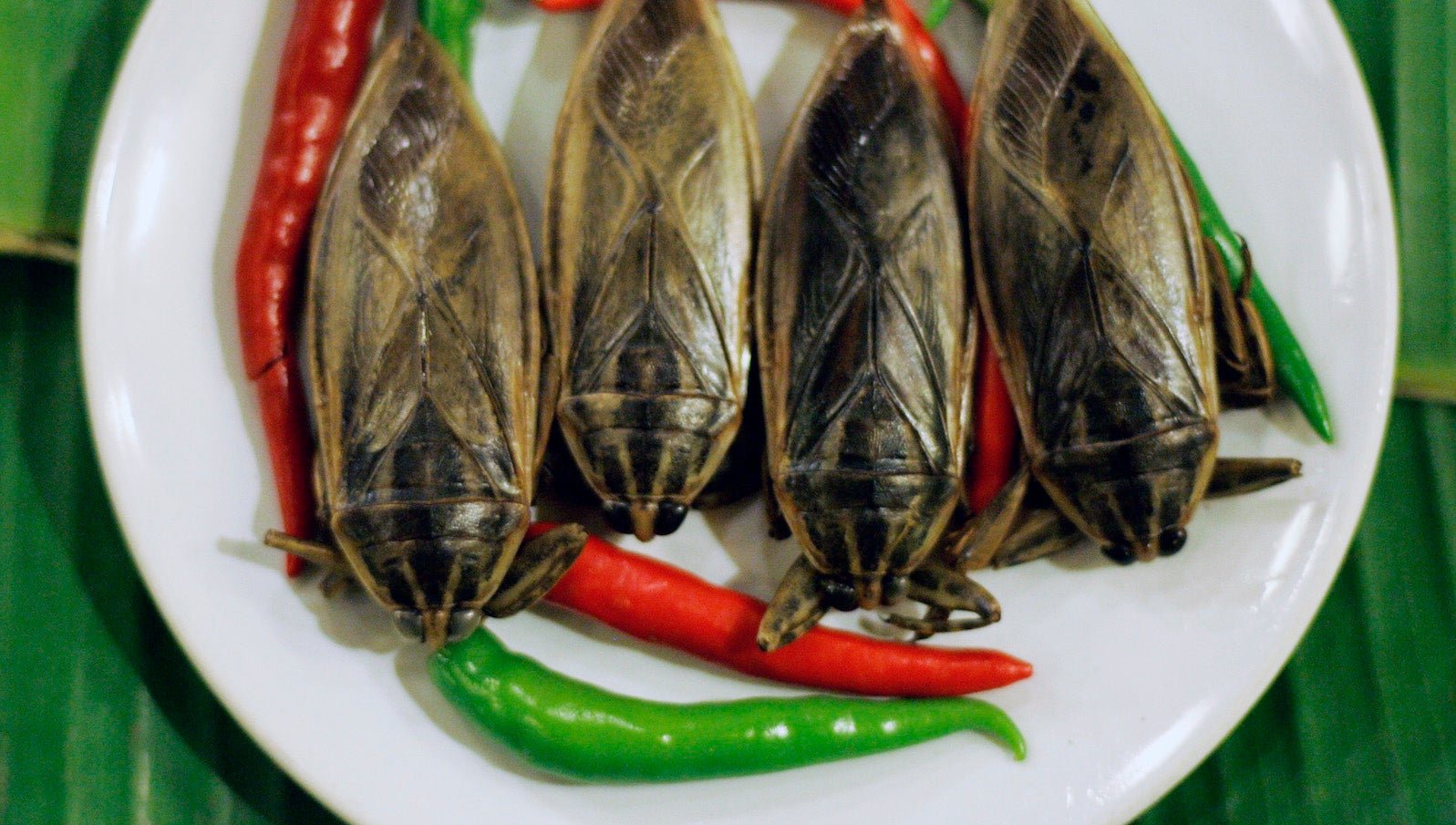The edible-insect industry has grown big enough to start lobbying Washington
The edible-insect business has been growing, from a cottage industry to one forging inroads at health food stores and gyms across the country. In fact, the sector has grown so much that it now has a trade group that will lobby on its behalf in Washington and promote the industry through marketing.


The edible-insect business has been growing, from a cottage industry to one forging inroads at health food stores and gyms across the country. In fact, the sector has grown so much that it now has a trade group that will lobby on its behalf in Washington and promote the industry through marketing.
The North American Edible Insect Coalition held its first meeting in Detroit, from May 26-28, bringing 30 companies around one table to chart out, among other things, ways to collect accurate data on the size and scope of the nascent industry. Soliciting member companies for information on sales, production, and retail reach will help the group with reports that can then be used for marketing.
That data will also come in handy when representatives go to Washington, where they’ll attempt to engage with legislators and regulators on matters of food and nutrition policy.
The first major hurdle will be to get the US Food and Drug Administration (FDA) to add insect-based foods to its database of Generally Recognized as Safe (GRAS) foods. Without this designation, it’s tough for regulators at the local level to enforce federal guidelines—and that creates headaches for edible-insect businesses trying to get their products into stores and restaurants.
A few things already are made clear by the FDA. For instance, edible-bug companies are held to the same best practices as other food groups. This includes labeling products properly and ensuring the food remains free of contaminants.
Over the last five years, interest in the industry has exploded, with crickets and bugs getting a serious look as a more sustainable alternative to protein found in chicken and pork. Insects have proven to work as ingredients in egg and dairy replacement products, too.
While non-meat products typically fall under the jurisdiction of the FDA, the agency does not have specific regulatory language for insects used as food or as an ingredient in food (think crickets crushed into flour). It also remains unclear to insect producers whether their scaled farming operations would get oversight from the US Department of Agriculture (USDA) through its Animal and Plant Health Inspection Service.
“It has never been considered something that should be regulated as food,” said Nathan Allen, a leading member of the group. “While we’ve had good, constant two-way conversation with the FDA and the USDA…there’s still no enforceable regulation that’s on the books when it comes to these as a food or feed source.”
Even in the absence of complete regulatory clarity, edible-insect startups are drawing attention—and money—from investors.
Arielle Zuckerberg, a partner at the venture capital firm Kleiner Perkins Caufield & Byers (and Facebook CEO Mark Zuckerberg’s youngest sister), in February invested an undisclosed amount of money in Tiny Farms, which is working on technology to reduce the cost of insect protein production. EnviroFlight, which is working to develop sustainable animal and plant protein sources, was acquired by Intrexon in March. And Exo, the protein bar company, has raised $5.2 million in three rounds of funding; its latest round was in April.